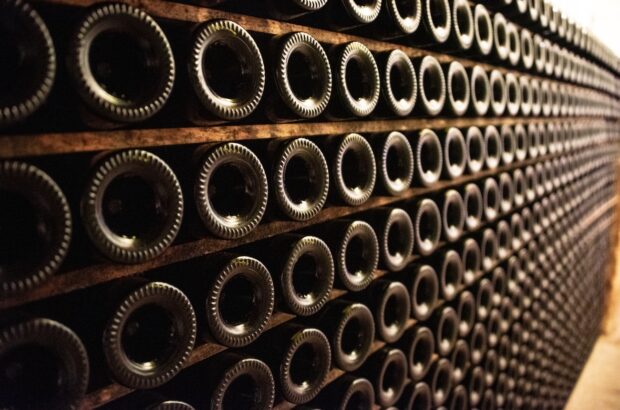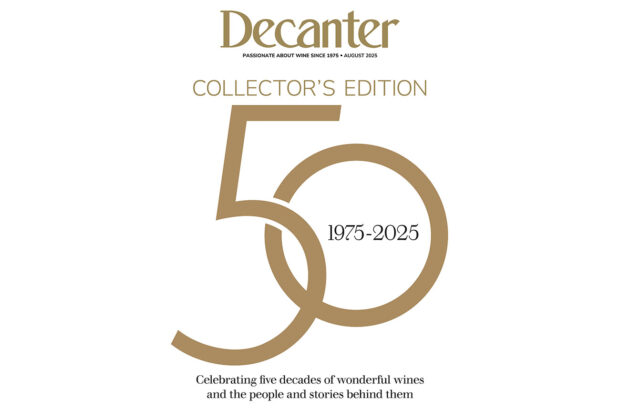Natasha Hughes MW took to the podium of wine boxes at an event held by the Institute of Masters of Wine in London, which gave attendees three minutes to speak about a subject of their choice. Below is an edited version of Hughes' speech.
We are no longer, if we ever were, blokes in pinstripes with plummy accents.
I’ve been working in wine for about 18 years, and for as long as I’ve been working in the trade I’ve watched my colleagues beat their breasts about their inability to communicate their love and passion for wine to consumers.
We often struggle to persuade people to spend more than six or seven quid on a bottle of wine [in the UK]. We can’t seem to get customers to fall in love with Riesling or Sherry, or whatever happens to be the flavour of the month in the wine business.
While researching an article a few years ago, I was in the supermarket vox popping people. I was trying to find out what they were buying, why they were buying it — and what would persuade them to try something different.
One woman said to me, ‘I don’t like Chardonnay, but I love Chablis’. Now, I’ve just heard sniggers in this room, but there’s a fundamental truth about what she was saying that we don’t get.
Albert Einstein is alleged to have said that insanity consists of doing the same thing over and over, expecting different results. And I think there’s a danger that we’re doing that in the wine trade.
When you look at how we market wines to consumers — wine shelves in the supermarkets shops, wine lists in restaurants — we organise bottles by region, by grape variety, by some arbitrary notion of style that we understand because we’ve focused our careers and lives on it.
But it means nothing to the consumers. We can’t expect them to swot for exams, yet nor should we be dumbing wine down, either.
Instead I think we’ve got to start telling stories, rather than relying on price cues and fruit salad tasting notes to persuade consumers to buy.
We’ve got to remember that for most people, wine is part of a lifestyle that includes food and conviviality, rather than being a goal in itself.
We’ve got to teach people that they’re able to understand and enjoy the flavours and aromas in a glass of wine, just as they can understand those in a plate of food.
Finally, we’ve got to persuade them that wine is not just for posh people, and I think members of this institute have a role to play in achieving this.

Is it time to stop relying on price cues and fruit salad tasting notes?
We are no longer, if we ever were, blokes in pinstripe suits with plummy accents. Instead there’s a growing diversity among masters of wine. There are more and more women, there are members from 35 different countries and counting.
We all got those precious initials by sitting exams, where we proved that we can think laterally and holistically. These are skills that we should share with the wine trade, to prevent us all from making the same mistakes.
We need to think anew about how we’re going to talk about wine. And before I step off this podium, I’ve just got two thoughts to share that I think we can all benefit from when we’re communicating about wine to consumers. One is confound expectations, and the other is ditch the pinstripes.
Natasha Hughes MW is a freelance wine writer, consultant and educator, with her own website natashahughes.com
Related content:

Hugh Johnson: Do we need a natural wine alternative?
Hugh Johnson on natural wines....

How to order wine in a restaurant – a Decanter Guide
Avoid faux pas in the restaurant and learn to order wine like a pro...

Worst customer habits in restaurants – from the sommeliers
Habits that get under a sommelier's skin...

Jefford: The guerrilla guide to wine – Part one
Make your own mind up...

Young winemakers needed: UK college highlights ‘shortage’
Plumpton calls for school leavers to consider wine careers...

Jefford on Monday: Britain’s Brexit hangover
Andrew Jefford on the Brexit squeeze facing wine...







